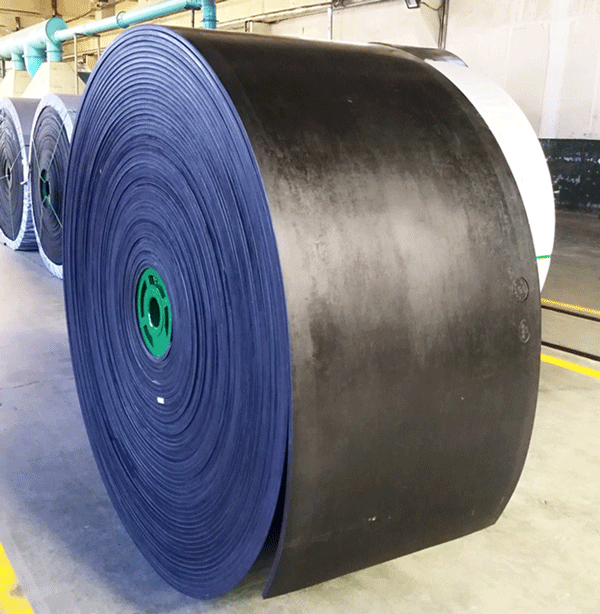
By Melody Chikono Industrial rubber and chemicals producer GB Holdings says it is optimistic of the future, driven by the resurgence of commodity prices in the mining sector.
GB’s chemicals unit, Cernol Chemical’s retention of its traditional markets is also expected to drive demand of the company’s products as the economy opens up and customers opt to buy local, the firm said in its annual report for the year ended December 31, 2021.
GB Holdings managing director, Wilboard Tsuro said the chemicals division’s relentless effort to open new market fronts was rewarded in the fourth quarter when 46% of total volumes were delivered.
Cernol traditional markets were subjected to fierce pricing competition from new entrants who emerged during the COVID-19, the firm said.
Buoyed by its product development and quality pedigree, Cernol carved and consolidated new niches and recorded a 196% increase in volumes at 1178 metric tonnes during the period.
Volumes at the rubber division increased by 3% to 310 metric tonnes compared with the prior year’s 301 metric tonnes, driven by a consistent order book and improved throughput.
Due to pricing constraints the divisional turnover, at $290 million, dropped by 16% from the prior year’s $347 million.
“Successful product trials concluded in the prior year and the subsequent placement of trial orders in new sectors point to a significant possible market breakthrough for General Beltings.
- Chamisa under fire over US$120K donation
- Mavhunga puts DeMbare into Chibuku quarterfinals
- Pension funds bet on Cabora Bassa oilfields
- Councils defy govt fire tender directive
Keep Reading
“Agriculture remains pivotal in the Zimbabwean economy. Cernol’s retention of its traditional markets and its attendant in process chemicals is expected to drive demand for the company’s products as the economy opens up and customers opt to buy local.
“The above opportunities resonate well with the country’s vision 2030 Development strategy of making Zimbabwe a middle-income country.” He said.
Tsuro added that strategies deployed in the year enabled the company to post an operating profit.
The increased volumes were a result of a consistent throughput from the rubber factory sustained by technical partnerships which enabled raw materials to flow despite disruptions at source. Overall turnover at $575 million was a modest increase of 7% from the prior year’s $537 million.
- Follow us on Twitter @NewsDayZimbabwe






